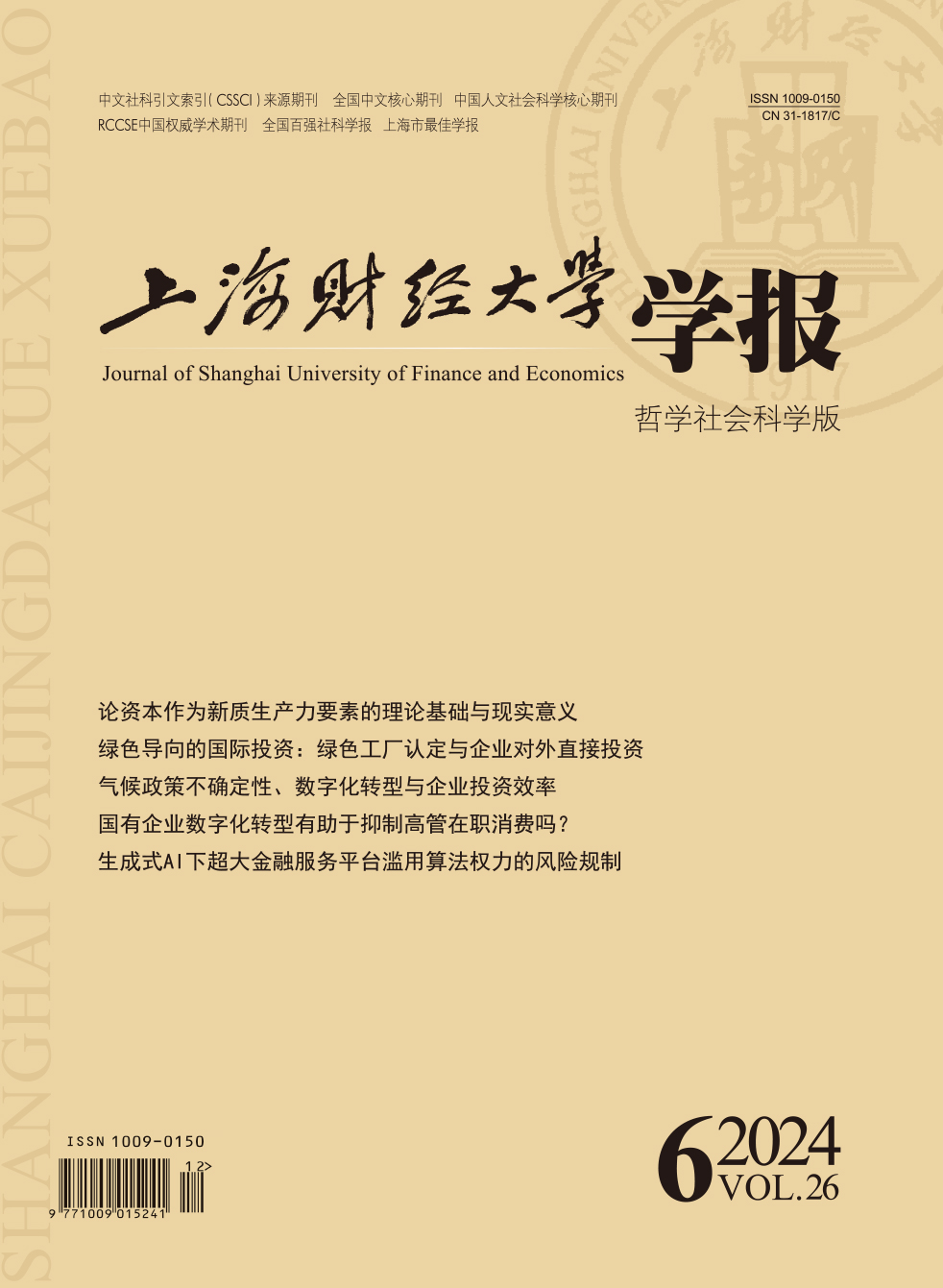In recent years, controlling shareholders frequently pledge their shares seeking for loans, and this phenomenon has attracted much attention in Chinese capital market. Although share pledging has many advantages, it may lead to losing the controlling right of firms for controlling shareholders. There are two reasons why controlling shareholders’ share pledging of loss firms is worthy of research. First, many Chinese industrial enterprises face serious problems such as overcapacity and high costs of labor, resulting in lower performance. Therefore, there are increasing loss firms in Chinese capital market. Second, due to poor performance, it is difficult to finance directly from banks for the loss firms. Thus, share pledging becomes an alternative financing method. Based on the data, we find that loss firms’ controlling shareholders are more likely than high performing firms’ controlling shareholders to pledge their shares. However, share pledging of loss firms’ controlling shareholders remains largely unexplored. Using a dataset of Chinese loss listed firms from 2009 to 2014, we investigate the effect of controlling shareholders’ share pledging on the likelihood of loss reversal. We document that loss firms estimate to be more likely to reverse if controlling shareholders pledge their shares, that is to say, share pledging increases the probability of firms’ return to profitability, and the above relation is more obvious among inconsecutive loss firms and firms with executive shareholdings. However, we find that controlling shareholders’ share pledging is positively related to the percentage of abnormal non-recurring gains and losses, and also increases the probability of reporting small profits. The results further show that controlling shareholders’ share pledging increases the probability of another loss after loss reversal, and this means that controlling shareholders of loss firms may whitewash accounting statement to avoid the risk of controlling right transfer. This study has several contributions as follows. First, we complement prior literature that investigates the consequences of controlling shareholders’ share pledging. There is growing evidence showing that controlling shareholders’ share pledging could affect firm behavior, such as earnings management, information disclosure, tax avoidance, and performance. We extend this literature by studying the effect of share pledging on loss reversal. Second, this study contributes to the research on loss firms. A stream of literature investigates how to reverse the loss for firms, we focus on the role of controlling shareholders, and find that share pledging of controlling shareholders influences the probability of reversing loss. Our findings complement this body of research. Third, this study also provides some implications for the government and investors. We find that controlling shareholders with share pledging can help loss firms struggle to be profitable for avoiding the transfer of controlling right, but this effect is unsustainable which indicates that controlling shareholders with share pledging may whitewash accounting statement to realize profits, rather than improve loss firms’ operation situation. Thus, regulators and investors should pay more attention to financial reporting quality of loss firms that shares are pledged by controlling shareholders.
 / Journals / Journal of Shanghai University of Finance and Economics
/ Journals / Journal of Shanghai University of Finance and EconomicsJournal of Shanghai University of Finance and Economics
LiuYuanchun, Editor-in-Chief
ZhengChunrong, Vice Executive Editor-in-Chief
GuoChanglin YanJinqiang WangWenbin WuWenfang, Vice Editor-in-Chief
Will Controlling Shareholders’ Share Pledging Help Loss Firms? Evidence from Chinese Loss Listed Firms
Journal of Shanghai University of Finance and Economics Vol. 20, Issue 06, pp. 77 - 93 (2018) DOI:10.16538/j.cnki.jsufe.2018.06.006
Summary
References
Summary
Cite this article
Du Yong, Zhang Huan, Du Jun, et al. Will Controlling Shareholders’ Share Pledging Help Loss Firms? Evidence from Chinese Loss Listed Firms[J]. Journal of Shanghai University of Finance and Economics, 2018, 20(6): 77-93.
Export Citations as:
For
ISSUE COVER
RELATED ARTICLES




 6115
6115  9839
9839

